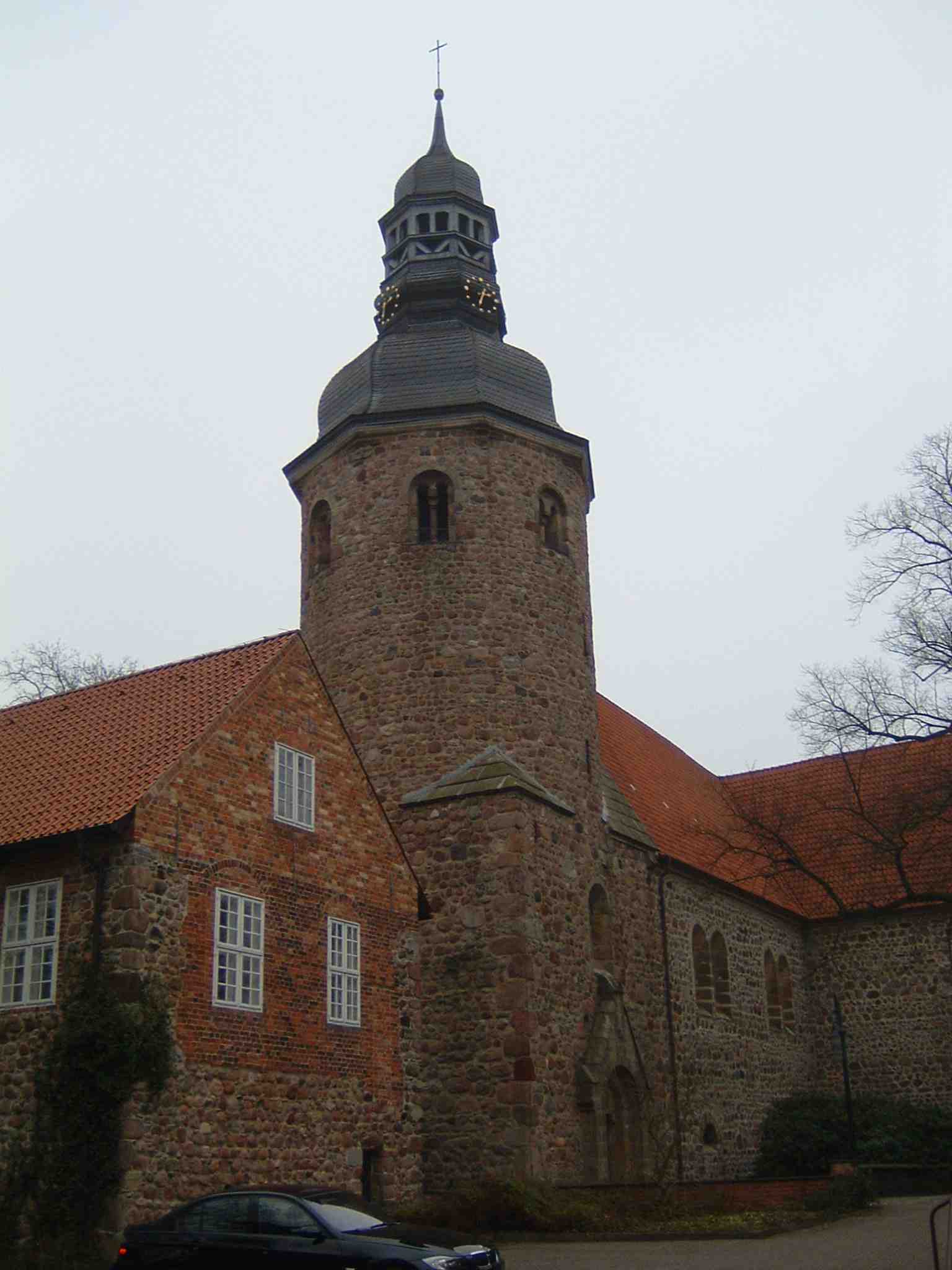Convention of Klosterzeven on:
[Wikipedia]
[Google]
[Amazon]
 The Convention of Klosterzeven (or the Convention of Kloster-Zeven, german: Konvention von Kloster Zeven) was a convention signed on 10 September 1757 at Klosterzeven between
The Convention of Klosterzeven (or the Convention of Kloster-Zeven, german: Konvention von Kloster Zeven) was a convention signed on 10 September 1757 at Klosterzeven between
 The Convention of Klosterzeven (or the Convention of Kloster-Zeven, german: Konvention von Kloster Zeven) was a convention signed on 10 September 1757 at Klosterzeven between
The Convention of Klosterzeven (or the Convention of Kloster-Zeven, german: Konvention von Kloster Zeven) was a convention signed on 10 September 1757 at Klosterzeven between France
France (), officially the French Republic ( ), is a country primarily located in Western Europe. It also comprises of Overseas France, overseas regions and territories in the Americas and the Atlantic Ocean, Atlantic, Pacific Ocean, Pac ...
and the Electorate of Hanover
The Electorate of Hanover (german: Kurfürstentum Hannover or simply ''Kurhannover'') was an electorate of the Holy Roman Empire, located in northwestern Germany and taking its name from the capital city of Hanover. It was formally known as ...
during the Seven Years' War
The Seven Years' War (1756–1763) was a global conflict that involved most of the European Great Powers, and was fought primarily in Europe, the Americas, and Asia-Pacific. Other concurrent conflicts include the French and Indian War (1754 ...
that led to Hanover's withdrawal from the war and partial occupation by French forces. It came in the wake of the Battle of Hastenbeck
The Battle of Hastenbeck (26 July 1757) was fought as part of the Invasion of Hanover during the Seven Years' War between the allied forces of Hanover, Hesse-Kassel (or Hesse-Cassel) and Brunswick, and the French. The allies were defeated by ...
on 26 July in which Hanover had suffered a devastating defeat. Following the battle the Army of Observation had retreated northwards until it had reached Stade
Stade (), officially the Hanseatic City of Stade (german: Hansestadt Stade, nds, Hansestadt Stood) is a city in Lower Saxony in northern Germany. First mentioned in records in 934, it is the seat of the district () which bears its name. It is l ...
.
The agreement was deeply unpopular with Hanover's ally Prussia
Prussia, , Old Prussian: ''Prūsa'' or ''Prūsija'' was a German state on the southeast coast of the Baltic Sea. It formed the German Empire under Prussian rule when it united the German states in 1871. It was ''de facto'' dissolved by an e ...
, whose western frontier was severely weakened by the agreement. After the Prussian victory at Rossbach on 5 November 1757, King George II was encouraged to disavow the treaty. Under pressure from Frederick the Great
Frederick II (german: Friedrich II.; 24 January 171217 August 1786) was King in Prussia from 1740 until 1772, and King of Prussia from 1772 until his death in 1786. His most significant accomplishments include his military successes in the Sil ...
and William Pitt, the convention was subsequently revoked and Hanover re-entered the war the following year.Anderson p.215-16 The Duke of Cumberland
Duke of Cumberland is a peerage title that was conferred upon junior members of the British Royal Family, named after the historic county of Cumberland.
History
The Earldom of Cumberland, created in 1525, became extinct in 1643. The dukedom ...
, who had signed the agreement on behalf of Hanover, was disgraced when he returned to Britain, ending his previously distinguished military career. He was replaced as commander by Duke Ferdinand of Brunswick.
See also
*Great Britain in the Seven Years War
Great Britain was one of the major participants in the Seven Years' War, which in fact lasted nine years, between 1754 and 1763. British involvement in the conflict began in 1754 in what became known as the French and Indian War. However the w ...
References
Bibliography
* * * * {{DEFAULTSORT:Klosterz, Convention of Diplomatic conferences in Germany 18th-century diplomatic conferences 1757 treaties 1757 in the Holy Roman Empire Treaties of the Kingdom of France 1757 conferences